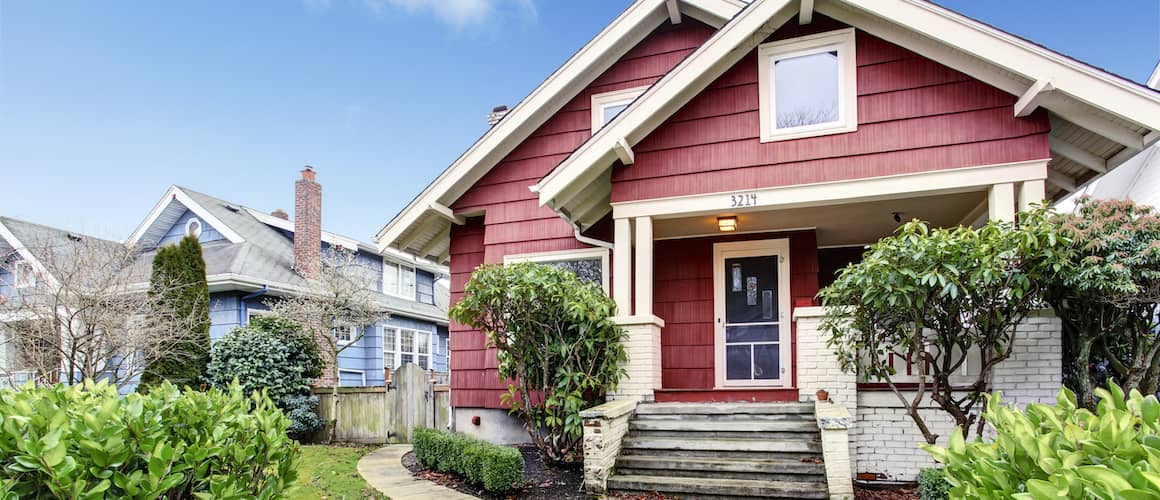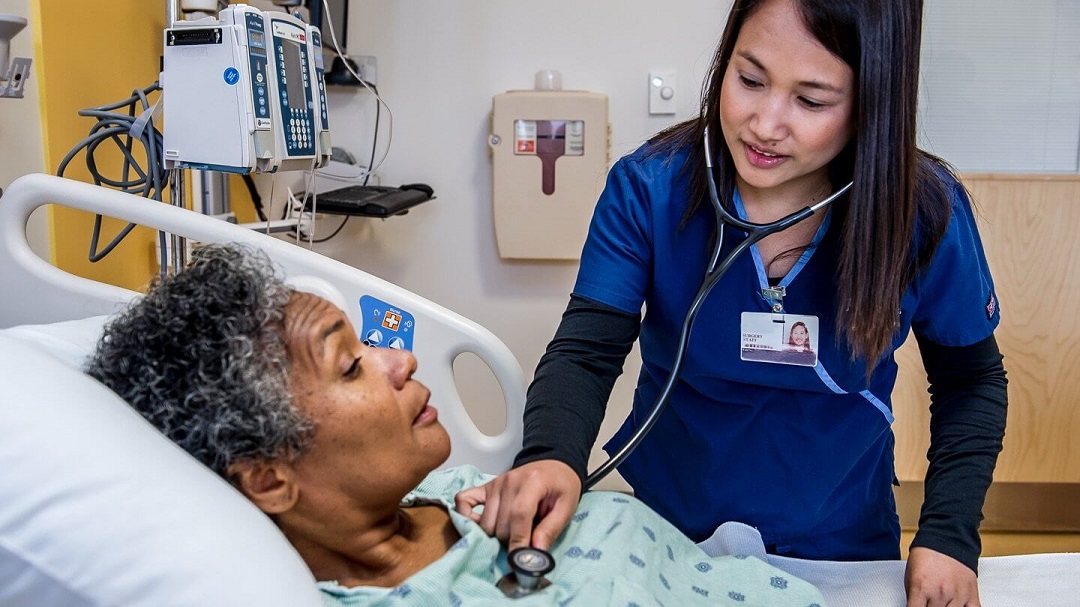The acronym HUD stands for the Department of Housing and Urban Development, a governmental agency established in 1965 by President Lyndon B. Johnson as a policy and program to combat poverty. The Department was created to ensure that all individuals in urban areas can access quality housing that is affordable and available to all people.
HUD housing is a title that shows up often when looking for a home. If you are looking for an affordable home, it is good to look into all options available, especially if the options will save you money. If you are in a position of needing an affordable home with low-cost options, consider HUD home as a way to finance an affordable first home to be used as a residence.

What Are HUD Homes?
HUD homes are properties that were purchased with FHA loans and have been foreclosed on. A house becomes a HUD property when homeowners cannot keep up with their monthly payments and default on their loans. At that point, the FHA pays the remainder of the mortgage owed to the lender and then seizes and takes control of the property. To make back the cost, the government will then sell the home, usually at a slight discount from the actual market value. HUD homes are sold as-is.
Who Is Eligible To Buy HUD Homes?
Any person who is eligible to qualify for any type of home loan can purchase a HUD home. If the buyer has sufficient funds available via financing, they can buy one. But, buyers should be aware of the requirements that a HUD home has. HUD homes should be the buyer’s primary residence and buyers can only purchase one every two years. The buyer must also live in their HUD home for at least one year.
What Are The Benefits of Buying a HUD Home?
Some people will only consider buying a HUD home, and with good reasons. Reduced pricing, payment assistance with closing costs, a $100 down payment option, and buyer residence over investor property are some of the main benefits of buying a HUD home.
Where Can You Apply For a HUD Loan?
Financing a HUD home is similar to financing options available to any other homebuyer. All buyers can conventionally secure a loan. Those with special circumstances or experiences are sometimes eligible for unique programs, such as those that qualify for a VA loan. HUD homebuyers can finance using an FHA 203(k) loan, which includes both the loan’s cost and the cost to make necessary repairs to the home to ensure it is safe for use as a primary residence.
VA Loans
VA loans are available for qualified veterans, enlisted service members, and spouses. These loans feature a lower debt-to-income ratio and qualify at a lower credit score than traditional loans.
Conventional Loans
Conventional loans, such as those garnered from Fannie Mae or Freddie Mac, are options for purchasing a HUD home in a traditional manner. Moderate credit scores are usually required for conventional loans.
FHA Loans
Buyers who have low credit scores or limited credit history can use an FHA to purchase a HUD home. An FHA is insured by the Federal Housing Administration (FHA) and requires a lower down payment.
Are There Home Loan Programs That Can Help Me Buy a HUD Home?
Buying any type of home, HUD home or not, can be a stressful time. It can also be quite expensive. That’s why there are home loan programs that will help homebuyers with their house purchase.
Hero Home Programs
For current or former heroes, including first responders, teachers, healthcare workers, or military service members, the Hero Home Programs offers discounts on selling or refinancing a home. The hero home program is a network of real estate agents and mortgage professionals who assists qualified homeowners and sellers. The program’s nonprofit aspect provides grants to local organizations to provide veterans and other qualified persons with financial assistance.
Section 8 Housing Choice Vouchers
These housing programs allow low-income families the possibility of homeownership by providing a sustainable subsidy that assists HUD homebuyers in maintaining their monthly payments.
HUD $100 Down Payment
The HUD $100 Down Payment makes homeownership available to buyers who will own and occupy the home. Buyers forego the usual 3.5% down payment and instead require a down payment of only $100. This is a fantastic deal and discount, as a downpayment for homes can reach 20% down.
One Dollar Program
The one-dollar program is a specialized program that allows low-income or mid-income homebuyers to purchase HUD homes with a value of less than $25,000, and that has been on the market for over six months, for only $1 down. This is an incredible deal that almost eliminates the downpayment for greater accessibility for homeowners of all income levels.
Buying a HUD Home Now
There has never been a better time to buy a home. Interest rates are low and sellers are eager to view a buyer’s offer. HUD homes are no different. While the HUD home process may take a bit more patience than buying from a private seller, the lowered down payments and home cost make it worthwhile in the end. When you work with a home buying specialist at Hero Home Programs, the savings can add up even more. Contact them today to determine your eligibility.
Original post here: What Are HUD Homes?



